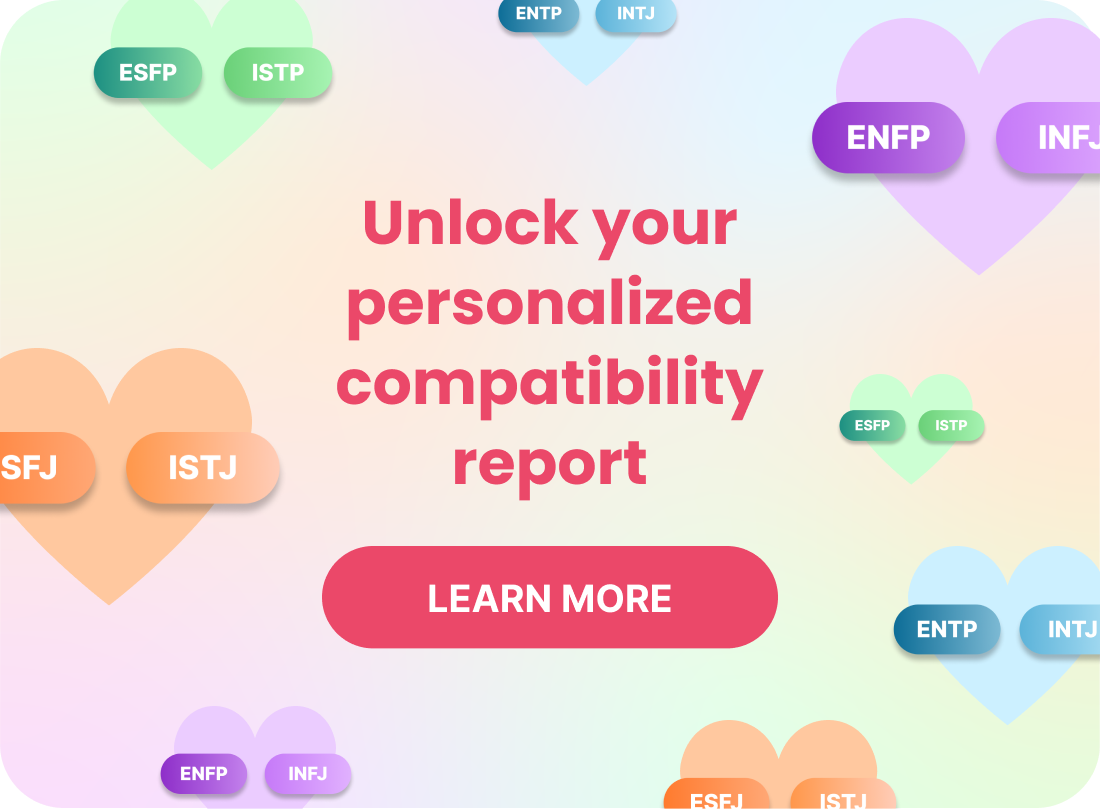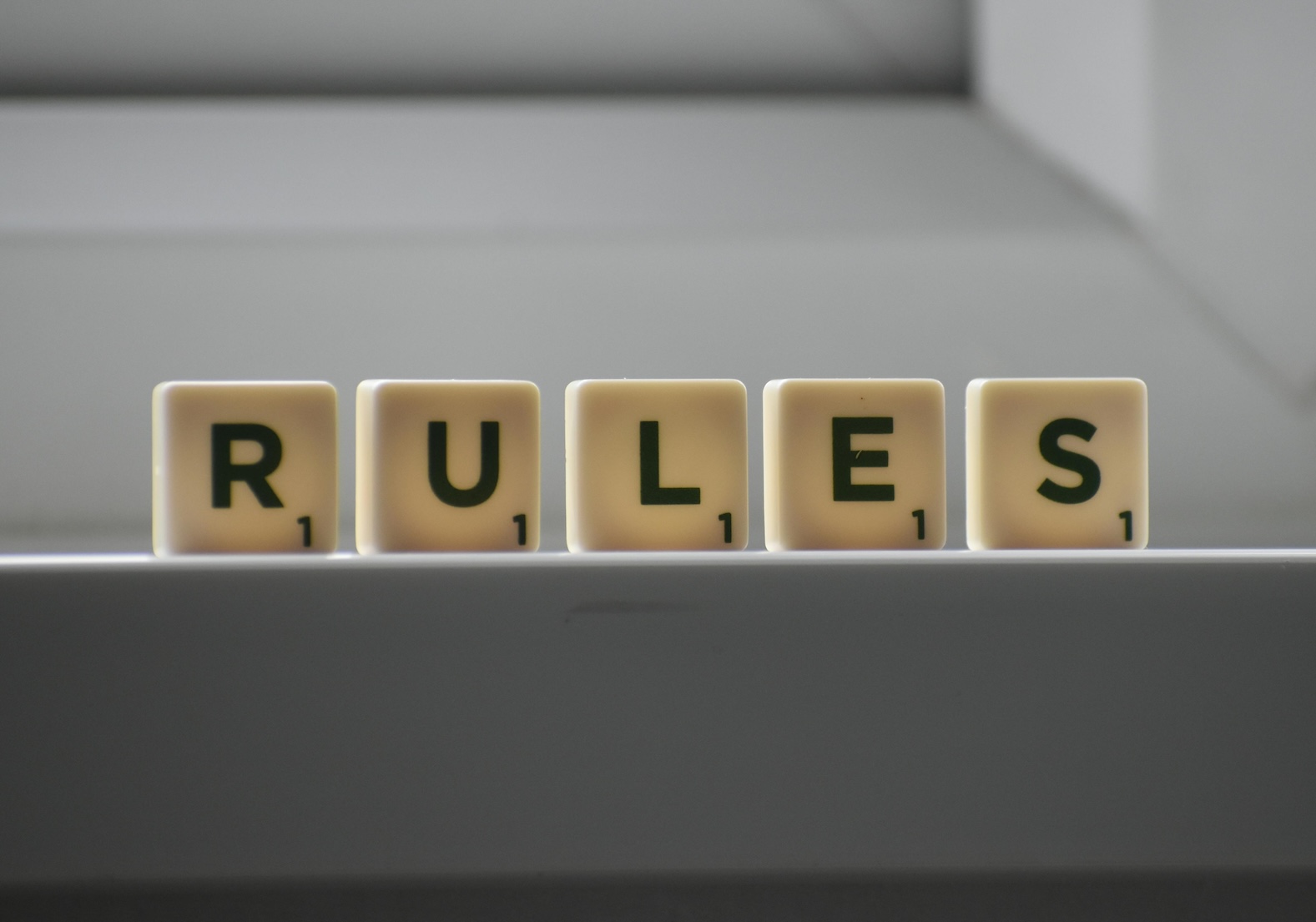How to Deal with Walking on Eggshells in a Relationship
First things first, what actually is “walking on eggshells” in a relationship? Walking on eggshells is an idiom that describes a dynamic where someone watches what they say and do in order to avoid upsetting or angering their partner. It essentially means they are constantly trying to maintain peace, often at the expense of their own needs.

First things first, what actually is “walking on eggshells” in a relationship? Walking on eggshells is an idiom that describes a dynamic where someone watches what they say and do in order to avoid upsetting or angering their partner. It essentially means they are constantly trying to maintain peace, often at the expense of their own needs.
If this sounds familiar, it might be time to take a step back and reassess your relationship. Walking on eggshells isn’t a sustainable or healthy form of communication, and it can be severely damaging to people’s mental health in the long run. When it occurs repeatedly, it can be a distressing experience for anyone to go through.
Walking on eggshells in a relationship isn’t healthy for any relationship. It implies a perceived environment of fear, manipulation, or control. Essentially, it indicates a lack of trust and respect in the relationship. It can lead to feelings of resentment, frustration, and isolation.
It’s worth noting that walking on eggshells is different from mindfully choosing a time to communicate. If you want to have a serious conversation with your partner but you choose not to do it after a long day at work, or when they’re very tired, that’s not necessarily walking on eggshells. After all, your partner has boundaries and needs, too.
On the other hand, if you find yourself not speaking up during conversations or repeatedly putting off discussing important topics, then it’s a cause for concern.
Walking on eggshells in a relationship isn’t automatically a dealbreaker. You may be able to work through it with your partner if there is understanding and effort from both sides. We’ll explore this later on in the blog post.
13 signs you are walking on eggshells
Let’s take a look at the signs you are walking on eggshells in your relationship.
1. Not speaking up when something that feels wrong is said or done out of fear of starting an argument.
2. Not asking questions for fear of saying the wrong thing or coming across as nosy.
3. Self-censoring opinions and thoughts to not stir things up within the relationship.
4. Avoiding controversial topics or issues that could be emotionally charged.
5. Keeping secrets in order to maintain peace and avoid potential conflict.
6. Going along with something, even if it doesn’t feel right, so you don’t cause friction in the relationship.
7. Filtering everything you say through a lens of “will this upset my partner.”
8. Constantly trying to gauge your partner’s mood in order to determine how you should act or speak.
9. Putting off important decisions or conversations because you don’t want to rock the boat.
10. Deliberately avoiding communication altogether when a problem arises.
11. Suppressing your emotions or keeping them hidden to avoid potential arguments.
12. Worrying about your partner blowing up or lashing out if you say the wrong thing.
13. Feeling anxious when your partner is around.
Causes of walking on eggshells in a relationship
The root cause of walking on eggshells in a relationship can vary. Sometimes, it’s completely down to toxic behavior from a partner, while at other times, it can also be related to the person who is walking on eggshells.
1. Environments of fear and control.
Walking on eggshells can be caused by one partner behaving in a manipulative, aggressive, or controlling way. This can create an atmosphere of fear and anxiety, where the other person is constantly on edge to try to avoid rocking the boat or upsetting their partner.
2. Power imbalance.
If there is a power imbalance in the relationship, it can lead to one partner feeling like their opinion and feelings are not valued. Walking on eggshells can be a way of coping with the power imbalance because it’s a way of trying to keep someone happy — namely, the partner with the control.
3. Poor communication skills.
If one or both partners struggle with communication, it can be difficult to navigate disagreements and issues without escalating the situation. This can result in one partner choosing to stay quiet rather than risk triggering a disagreement because they are worried about it blowing up into a major argument.
4. Insecurity or low self-esteem.
If one partner has poor self-esteem, they may be more likely to shy away from confrontation or fear disagreeing with their partner. This is because they might feel like their opinion isn’t valuable and that their partner’s opinion is more important. Walking on eggshells can be a way of protecting their self-esteem or avoiding any potential criticism.
5. Past trauma or abuse.
If someone has experienced trauma or abuse in the past, it can lead to a heightened sense of fear and caution. This can manifest as walking on eggshells in order to avoid potential conflict. In cases like this, the root causes can be highly complex, so it’s important to seek professional help if the issue persists.
6. Fear of abandonment.
If one partner is constantly worried about their partner leaving them, they might be more likely to walk on eggshells to avoid any conflict or push them away. They might think that if they state a need, set a boundary, or ask their partner to compromise, their partner will leave them.
7. Mental health issues.
Mental health issues can play a role in situations where someone is walking on eggshells. In particular, if someone’s partner has mental issues that cause them to act in an unpredictable, aggressive, or manipulative way, it can lead to a situation where the other person is constantly on edge. s in a relationship can be incredibly damaging because
Why is open communication so important in a relationship?
Open and honest communication is essential in a relationship. You simply can’t have a healthy, fulfilling dynamic with your partner if you’re constantly trying to guess what they are thinking, and vice versa.
1. It enables you to express your wants.
For starters, it might sound obvious, but if you don’t openly express your needs and wants, your partner won’t know what they are. Say that your partner has been working late and you’re feeling neglected. If you don’t tell them how you feel, they won’t be able to understand why you’re upset or how to make it better. Instead, you might experience a build-up of resentment and frustration, which can damage your relationship over time. Relationships with a healthy communication dynamic foster a safe environment for both parties to express their feelings and be vulnerable without fear of judgment.
2. It helps to build intimacy.
In order to connect on a deeper level, you need to be able to openly share your experiences, thoughts, feelings, beliefs, and opinions. Seemingly small conversations about what happened during your day or how you feel about a particular topic can help foster intimacy between the two of you. If you’re always watching your say, it can hinder your everyday conversations, which can be detrimental in the long run.

3. It encourages mutual understanding.
In addition, open communication allows both parties to feel heard and respected, encouraging mutual understanding between the two of you. After all, how would you ever understand your partner if you don’t have a healthy communication dynamic? When both people understand each other in a relationship, at least to a certain extent, it helps them to feel seen for who they are. This helps to build trust and connection.
4. It enables you to resolve problems.
If an issue arises in the relationship, open communication allows you to reach a resolution together. This is especially important if you’re facing a disagreement. With clear communication, you can both express your perspectives and, hopefully, find a solution that works for both parties. If you don’t communicate, then you have pretty much zero chance of resolving the issue.
5. It allows you to set boundaries.
Finally, open communication is essential when it comes to setting boundaries. It’s important that both parties in the relationship feel safe, comfortable, and respected. And this involves letting each other know what you are and aren’t comfortable with. For example, if you don’t feel comfortable with your partner raising their voice when they are speaking to you, then it’s important to communicate that so they know not to do it.
What should you do if you are walking on eggshells?
If you find yourself walking on eggshells in your relationship, the most important thing to do is talk to your partner. Have a conversation about what is causing you to feel that way, and let them know how they can help make the situation better.
Remind yourself that you deserve to have your needs met in a relationship and that walking on eggshells is not healthy. You both should feel safe to express your thoughts, feelings, and beliefs without fear of judgment or criticism.
During the conversation, be calm but firm. Where possible, use specific examples and descriptions to help your partner understand how their behavior is impacting you. “I feel” statements can be particularly effective here, as they allow your partner to get an understanding of how you are feeling without it coming across as criticism.
It’s important to listen carefully to your partner’s point of view, too. They may have different experiences or perspectives that you hadn’t considered, and it’s important to respect each other’s views. Plus, you will be working together to find a solution, and that involves a two-way conversation.

If you are both committed to working through the issue, it can be helpful to talk to a therapist if possible. They can provide guidance and help both of you find constructive ways to foster a safe and supportive environment, which can form the foundation of a healthy communication dynamic.
There’s a chance that your partner might not be open to a constructive conversation. If this is the case, it might be time to reevaluate your relationship because it will likely do a lot of harm to your mental health if you stay in a situation like that.
Considering behavioral patterns on both sides
While you shouldn’t accept blame if your partner is exhibiting unhealthy behavior, it’s important to introspect to try to understand if any behavioral patterns of your own are contributing to the issue.
If you find yourself having difficulty expressing yourself even though your partner provides a kind and supportive space, it might be necessary to work through these patterns in therapy or on your own. A therapist can help you explore underlying issues that are preventing you from feeling comfortable communicating in the relationship.
But as we mentioned, you shouldn’t accept blame if your partner is exhibiting unhealthy behavior. This is an important point to remember. If in doubt, seek advice from a trusted third party, such as a family member or friend. They can provide a more objective perspective and help you make sense of the situation.
Final thoughts on walking on eggshells in relationships
Walking on eggshells in relationships can be extremely damaging to both parties. When you feel like you have to keep your thoughts and feelings in check all the time, it can take a toll on your mental and physical health.
Open communication is essential to having a healthy relationship. Without it, trust, respect, and connection can fall apart. At the end of the day, both parties should feel safe to express themselves without fearing their partner’s reaction.
While walking on eggshells might feel like the safer option, it will only make you miserable in the long run. So if you’re in a situation like this, you should address it as soon as possible.
If you liked this article, you might also enjoy our blog posts about invalidation of feelings and what to do if your boyfriend cheats on you.




